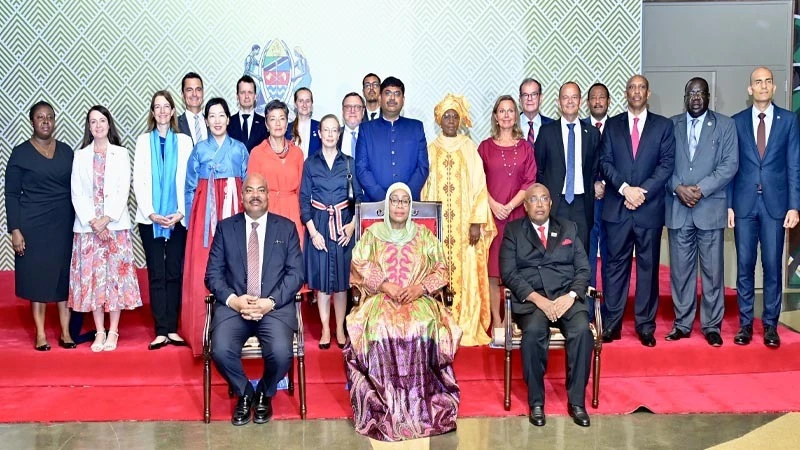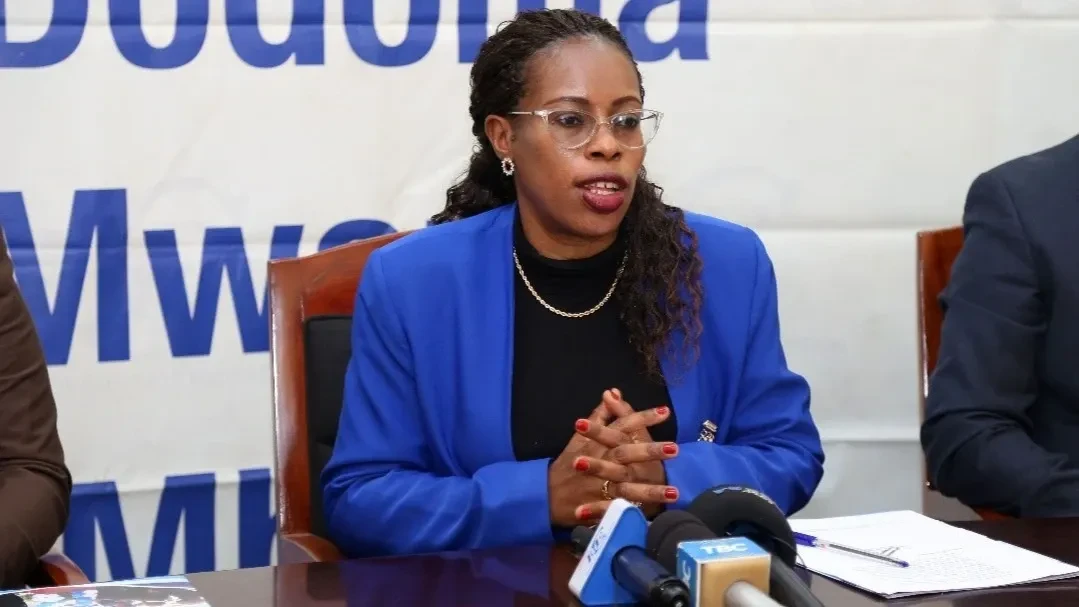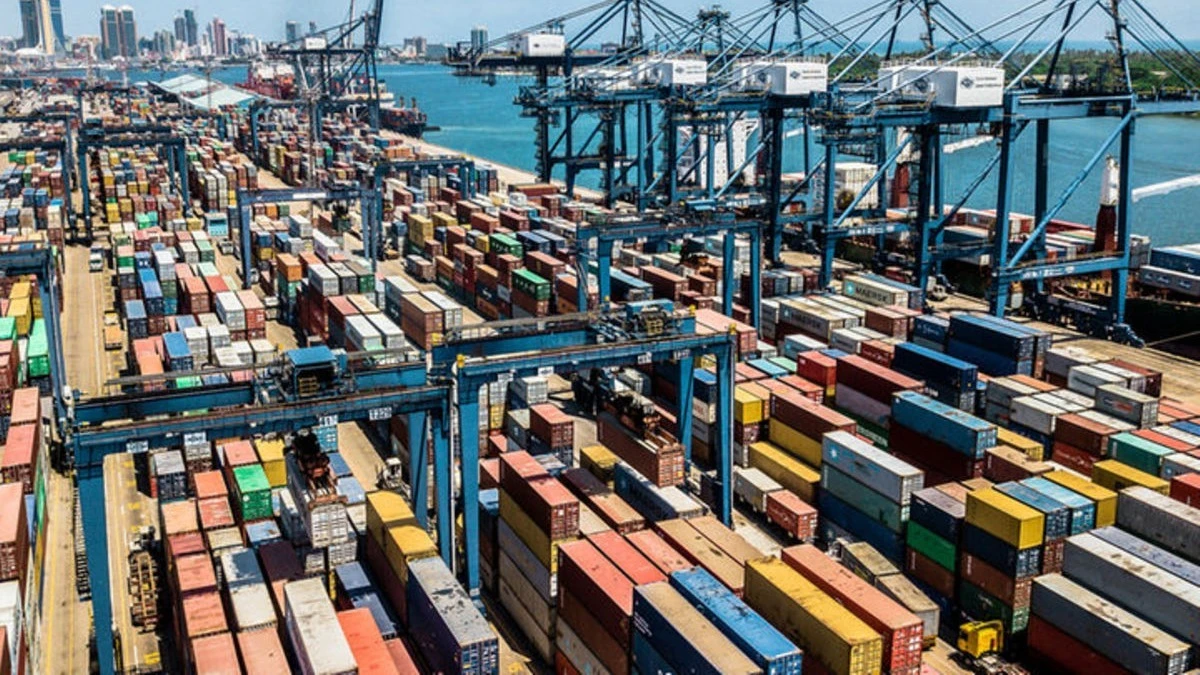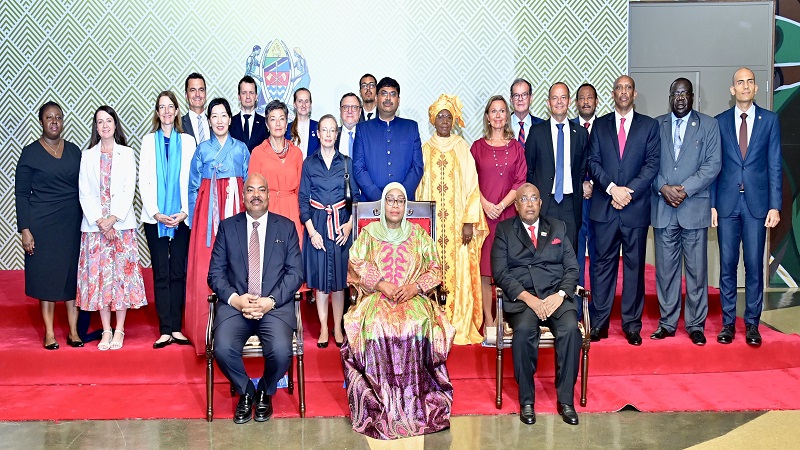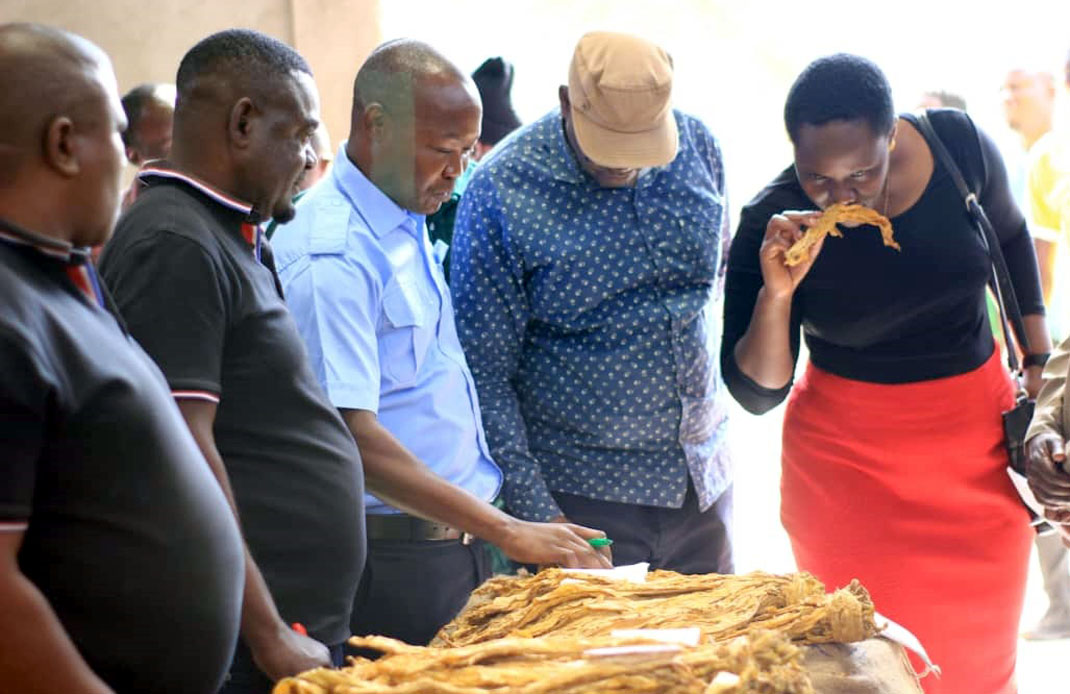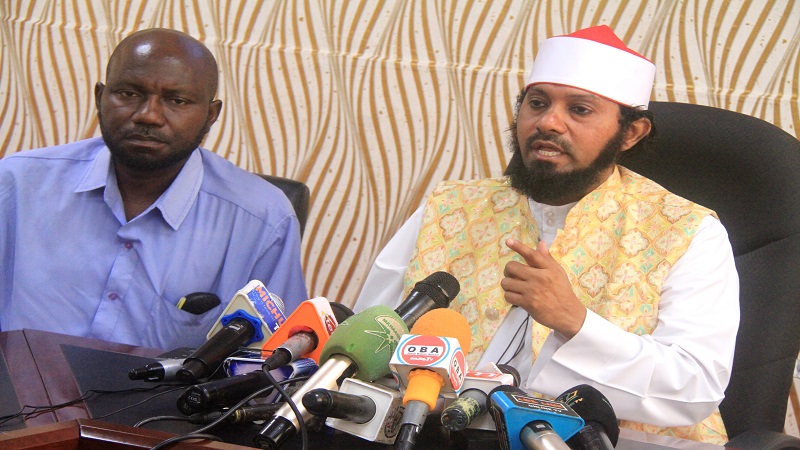Economy records an average growth of 5.6pc in 9 months
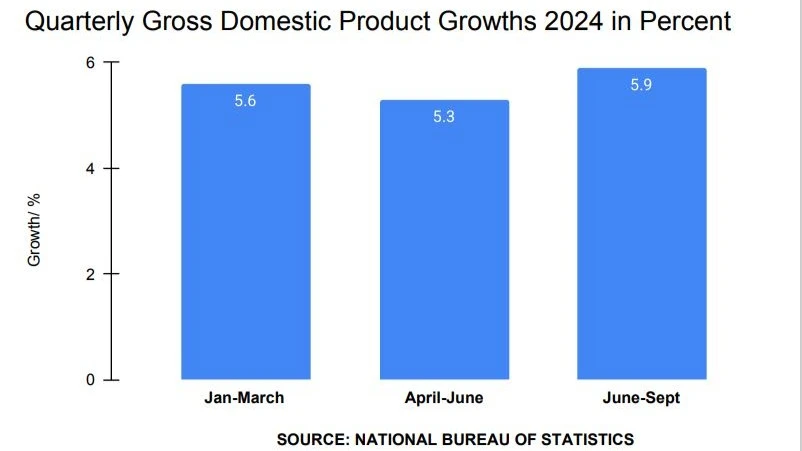
The Gross Domestic Product (GDP) expanded by an average of 5.6 percent during the first three quarters of last year, which indicates that the second largest East African economy will grow at a projected 5.4 percent in 2024 by the Bank of Tanzania (BoT).
Latest quarterly data for the third quarter of last year published yesterday by the National Bureau of Statistics (NBS) shows the economy grew by 5.9 percent at 2015 constant prices, an increase from 5.6 percent recorded in Q3, 2023.
However, the NBS’s quarterly growth is higher than 5.6 percent projected earlier by the central bank’s monetary policy committee.
The NBS report shows tertiary activities (services) contributed the largest share of 42.2 percent, followed by primary activities by 33.7 percent, while secondary activities accounted for the remaining 24 percent.
The major contributors of the economic growth were agriculture (13.6 percent), finance and insurance (12.2 percent), construction (10 percent), mining and quarrying (8.6 percent), transport and storage (8.5 percent), manufacturing (7.8 percent) and trade and repairs (6.5 percent).
Sectors which recorded highest growths during the reported quarter were electricity (27.8 percent), finance and insurance (18.2 percent, information and communication (12.5 percent), other social services (8.8 percent), mining and quarrying (8.6 percent) and education (6.6 percent).
Other sectors that contributed to growth were public administration and defense, transport and storage as well as accommodation and food services.
The NBS report shows the quarterly GDP, at 2015 constant market prices, amounted to 37.5trn/-, compared to 35.4trn/- recorded in Q3, 2023, although was lower than 38.3trn/- recorded during the second quarter of last year.
Agriculture continue to remain the largest activity during in size with 7trn/-, followed by construction with 5.6trn/-, manufacturing 3.4trn/-, trade and repairs 3.2trn/- and transport and repaid which its size was 3trn/-.
However, at current market prices, the NBS report shows the size of the economy during the third quarter of last year was 48.7trn/- an increase from 44.6trn/- recorded during the third quarter of last year, although was lower than 51.9trn/- recorded in Q2, 2024.
According to the BoT’s monetary policy report for January, the economy performed satisfactorily in 2024, due to supportive global economic conditions and to sustained implementation of prudent fiscal and monetary policies as well as economic reforms.
An assessment made by the Fitch Ratings in December 2024, also confirmed the improvement in the macroeconomic environment, thereby affirming the country’s B+ rating with a stable outlook.
BoT report published on January 5, this year shows the growth of the economy in Tanzania mainland is expected to be in line with a projection of 5.4 percent for the entire year, while the Zanzibar economy being projected to grow at 6.8 percent.
The growth was primarily driven by strong performances in agriculture, transport, construction, and trade activities.
Projections for 2025 indicate continued strength in both economies. Mainland Tanzania is expected to grow at around 6 percent, says BoT’s report.
The positive outlook is underpinned by several factors, including agricultural production, progress in construction projects, improvements in transport and logistics, reliable power supply, and supportive fiscal and monetary policies.
The African Development Bank (AfDB) outlook published early last year indicated that the Tanzania’s real GDP growth was projected at 5.7 percent in 2024 and 6 percent 2025, driven by agriculture, manufacturing, and tourism and supported by public investments and reforms to improve the business environment.
The International Monetary Fund (IMF) update published in December last year said GDP growth is projected to pick up to 5.4 and 6.0 percent in 2024 and 2025, respectively, and projected to reach about 6.5 percent over the medium-term supported by successful implementation of the authorities’ reform agenda, improvements in the business environment, and improvements in the global economic environment.
Top Headlines
© 2025 IPPMEDIA.COM. ALL RIGHTS RESERVED















